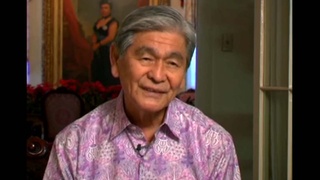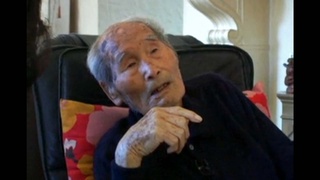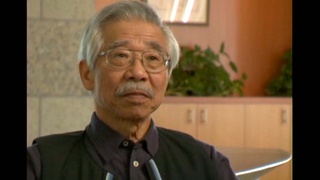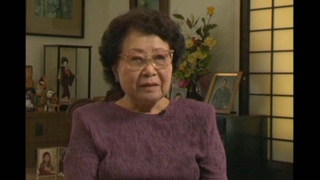Interviews
Explore More Videos

Discover Nikkei Updates
SUPPORT THE PROJECT


Discover Nikkei’s 20 for 20 campaign celebrates our first 20 years and jumpstarts our next 20. Learn more and donate!
SHARE YOUR MEMORIES


We are collecting our community’s reflections on the first 20 years of Discover Nikkei. Check out this month’s prompt and send us your response!
PROJECT UPDATES


New Site Design
See exciting new changes to Discover Nikkei. Find out what’s new and what’s coming soon!
See exciting new changes to Discover Nikkei. Find out what’s new and what’s coming soon!





